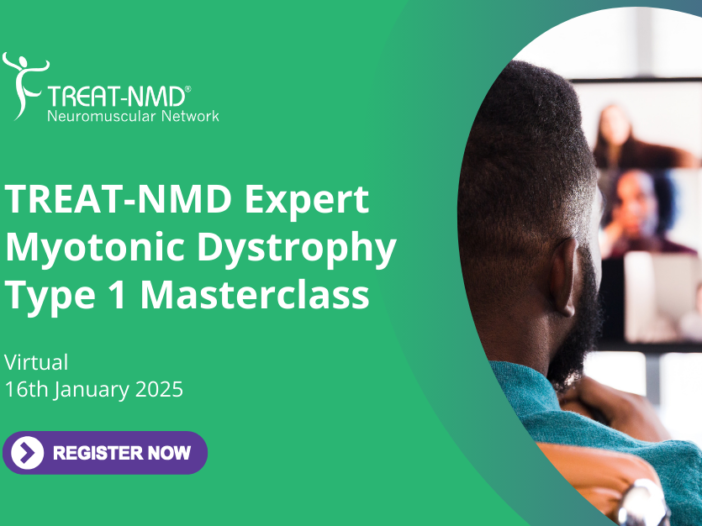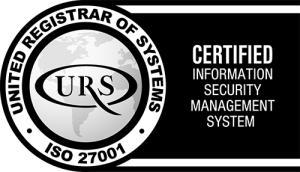Healthcare providers involved in the diagnosis and management of patients living with Myotonic dystrophy type 1 (DM1) are invited to express their interest to attend a high-quality educational event planned on January 16th, 2025. The TREAT-NMD Expert Myotonic Dystrophy Type 1 Masterclass offers an interactive opportunity to engage with the latest insights in DM1 care, guided by leading experts in the field.
The masterclass will explore essential topics for healthcare providers involved in diagnosing or managing DM1. Participants will benefit from talks such as clinical presentations in DM1, and the psychological aspects of caring for DM1 patients. Attendees will also explore effective management strategies for gastrointestinal symptoms, nutrition, and physiotherapy, as well as the latest advancements in cardiac and respiratory care.
A key focus will be on understanding the patient’s perspective, featuring direct input from patients. This will be complemented by a review of current and approved therapies. The event will also include a short workshop on clinical case studies with Q&A sessions following each topic to promote engagement and discussion.
Reasons to Attend:
- Gain insights into the latest diagnostic tools and approaches for DM1.
- Learn from clinical experts about optimising care for DM1 patients, from managing gastrointestinal symptoms to understanding the psychological challenges of the diagnostic journey.
- Stay up to date with the newest therapeutic developments and emerging treatments for DM1.
- Hear firsthand from patients and their representatives.
- Participate in clinical case studies and interactive workshops to enhance your practical knowledge of DM1 care.
- Engage with a community of professionals to share ideas, challenges, and successes in delivering high-quality patient care.
To register your interest in attending this invaluable masterclass, please fill out the form here: https://forms.monday.com/forms/f76daef450ca832789d2dfe4ba683167?r=use1
Don’t miss this opportunity to enhance your expertise and improve care for patients with Myotonic dystrophy type 1.


